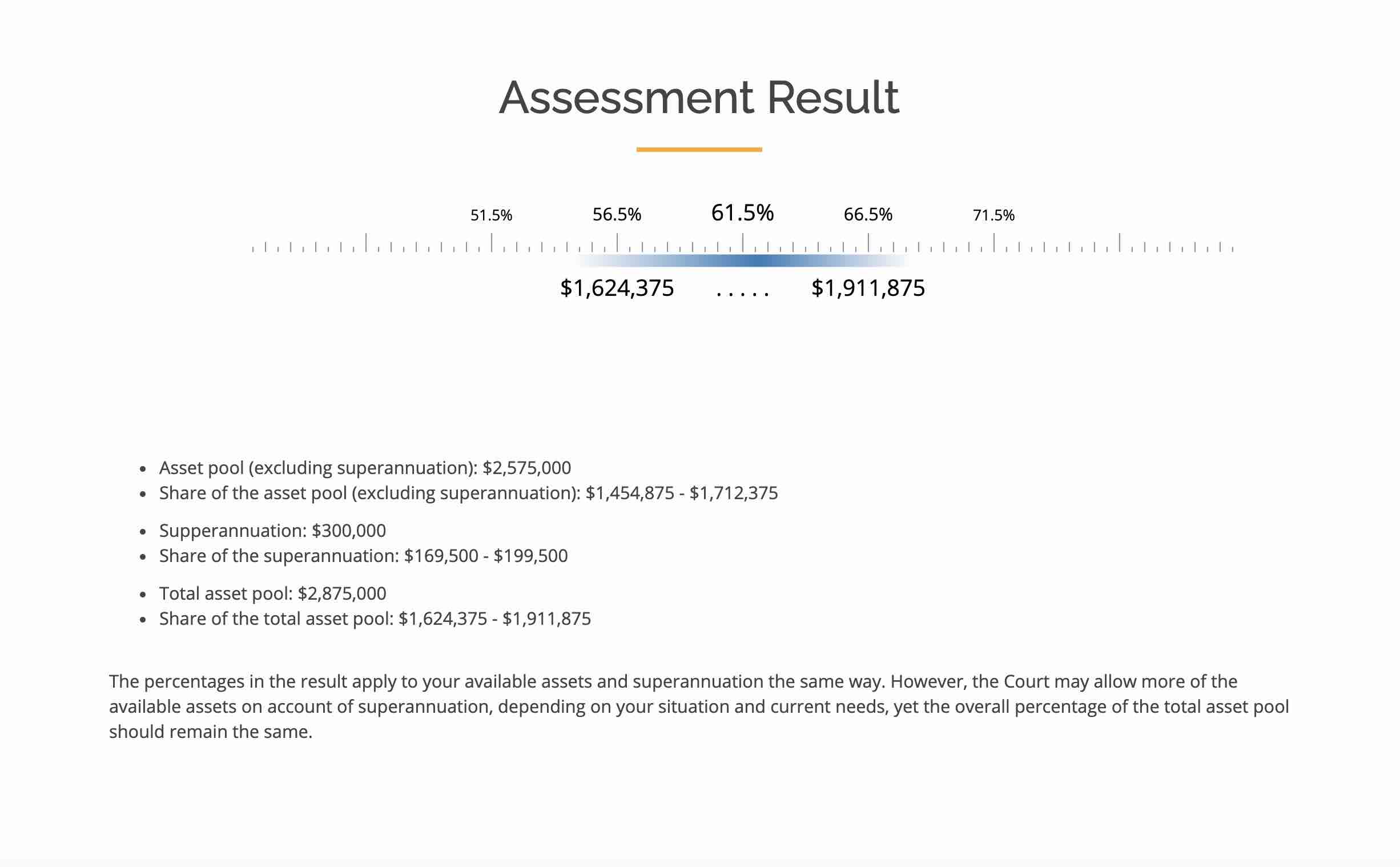When are parties entitled to enter into property settlement?
The key element is separation. Separation and divorce are two different things that do not necessarily happen at the same time. In case you are married, you do not have to get divorced in order to enter into property settlement.In other words, even if you are still officially married (but separated), you are entitled to have your property settlement and finalise the split/division of your asset pool.
If you were never married, then divorce is of course inapplicable, but in any event, the key element is still separation.
What is considered as separation?
Separation happens when at least one party considers the relationship as having been irretrievably broken down and notifies the other party of that. Although the Family Courts may have jurisdiction regardless of whether separation had already occurred or not, it is very rare that Courts interfere in parties ongoing marital/de facto lives until parties are separated.What if one party does not have capacity?
Sometimes parties become separated by circumstances rather than by a willing decision. For example, with elderly couples, one party can suffer from dementia, have an administrator appointed and no longer be able to live at home. If appropriate care and financial security is not provided for that party by their spouse, the Court may interfere if it feels it is just and equitable to do so, even though no ‘formal’ decision to separate was made.How does property settlement work?
You can read our editorial ‘How Does Property Settlement Work’ which explains the process in more detail. In summary, orders for property settlement can be obtained through the Family Courts or consent can be reached outside Court by way of financial agreement between the parties with each party receiving independent legal advice from their own family lawyer.How to apply for divorce?
As explained above, you can divorce before property settlement is reached or divorce without property settlement at all. An application for divorce is a relatively straight forward process in most cases and there is a kit on the Family Court’s website which explains the process and guides you through it. You have to make sure you complete all the details properly and correctly, otherwise the application will be adjourned and delayed. There is also a filing fee involved in making the application to the Court.Family lawyers can assist you in making the application and it is important that you engage them if your personal circumstances are complicated.
Divorce can be relevant to limitation period
One important implication of a divorce order on property settlement rights (of married couples), is the limitation period for making an application to Court. A spouse party has one year from the date the divorce came into effect by orders of the Family Court, to apply to the Family Courts for property orders to split/divide the asset pool.For de facto couples, the limitation period by which an application can be made to the Family Courts for property orders to split/divide the asset pool, is two years from separation.
This time limit can be extended, both for married and de facto couples, but it would require an application to be made to the Family Courts for leave to apply out of time, with an explanation which must be acceptable on the Family Courts as for the delay.
If that may be applicable to you, you should consult a family lawyer on that.
Divorce can be relevant to spousal maintenance
Another relevant effect a divorce order may have on your property rights, is in relation to spousal maintenance applications:- For de facto couples, there is no difference in the limitation period for an application to be made for spousal maintenance and general claim for property orders – it is two years from separation.
- For married couples, the limitation period is also the same for both spousal maintenance and property orders, 12 months from the divorce order, however, if you already had a property settlement and remained married (haven’t divorced yet), the period by which you can apply for spousal maintenance continues to linger until 12 months after you obtained an order for divorce. It can be hard to apply for spousal maintenance after you already had your day in the Family Courts in your property orders if all circumstances were taken into consideration, however, if there was a significant change in circumstances which justifies receipt of spousal maintenance and you are still officially married, then you may be successful in such an application. This is another important reason to get divorced as soon as possible, to avoid the ongoing threat of liability for spousal maintenance (unless you have an interest in doing so).
So if you want to divorce before property settlement is reached, you just have to remember the limitation period to make a claim to Court and the implication on spousal maintenance.






